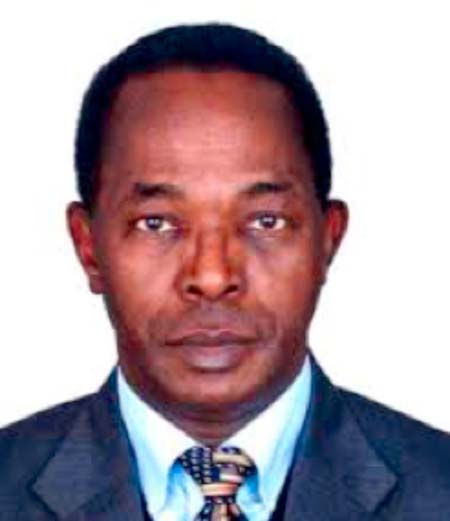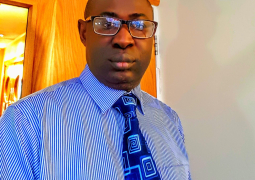
Now getting to the bottom of my reflections, one could first observe that there was a low voter turnout. Out of the 962,157 registered voters, only 243,988 came out to vote. This represents only 25% voter turnout. Nonetheless, the parties have performed very well, given the limitations of Ramadan, election fatigue, and other felt needs. It has been observed that the NPP continues to maintain strong dominance in rural Gambia. The UDP has shown strong influence in urban Gambia. Overall, however, the NPP, even without an alliance, have proven itself as a respectable and competitive player in the field with a win of 52 seats to its scoreboard above that of UDP’s win of 46 seats to its scoreboard. Surprisingly, the APRC No Alliance have shown political resilience with a win of 10 seats. It could be said therefore that the party, APRC No Alliance could become kingmaker in subsequent elections in the country. These are interesting revelations and a cause for predictions in political development as to where the politics is heading in years to come. Council and parliamentary elections normally set the trend as to what could happen in a presidential race. It will therefore be a tragic mistake for political parties to underestimate the outcomes of the current elections. The fact that the opposition together, pulled more seats (63) than the NPP-led alliance (58 seats), was an indication that the oppositions claims of ‘vote buying’ did not hold much water. The ruling NPP must be credited for democratic governance in which free, fair and transparent elections are conducted in the country. A concern however, is the convoluted political atmosphere which tends to agitate political stability and attracts political novices in addition to an already politicized public service. Already, concern has been raised in governance that the administrative capacity is limited, which tends to affect the effective and efficient quality of service delivery. Objectively speaking, the tragedy with the administration is that those who know are marginalized and those who don’t know are mainstreamed. In this regard, the need to reflect on professionalism and technocratic competence cannot be overemphasized. For a small country like the Gambia, the political space is too congested with too many political parties. Perhaps, therefore, the electoral reforms should streamline this situation in order to enhance the democratic governance, reduce the burden of electoral expenditures and to strengthen national unity and national cohesion.
From this first phase of the councilors election results, I can see that the NPP, UDP, GDC, NRP have done fairly well although, lessons must have been learned from the politics of deception and unpredictability of the political terrain in new Gambian. In the emerging trends, while the UDP seem to be consolidating its gains in urban Gambia, the NPP is consolidating gains in rural Gambia. But with almost 65% of the population living in urban Gambia (West Coast Region, KMC, Banjul). It is advisable that any contender or party considers urban Gambia as a winning environment for the Presidency of the country. There are reasons for the provinces holding on to the ruling NPP. The fact is that the provinces have felt more of the development interventions of the Barrow government than the urban West Coast and KMC, and therefore, decided to vote for continuity of development. The urban Gambia continues to be concerned with governance issues such as questions of accountability, transparency, justice system, municipal administration conflicts, lack of a new constitution, pending anti-corruption commission, etc amongst others. Further political issues such as underrepresentation in government, rising costs of living, underdevelopment, political rivalry between UDP and Barrow government. These are some of the causes of political resentment against the NPP government in urban Gambia. This situation can be changed in favor of the ruling NPP but requires serious political calculations and strategic thinking. Let us watch what happens in the Mayoral and Chairmanship elections to further gauge the political landscape.




